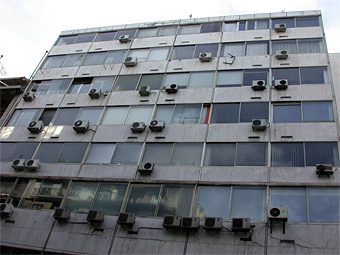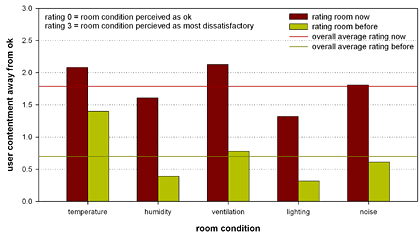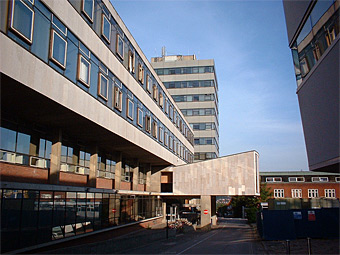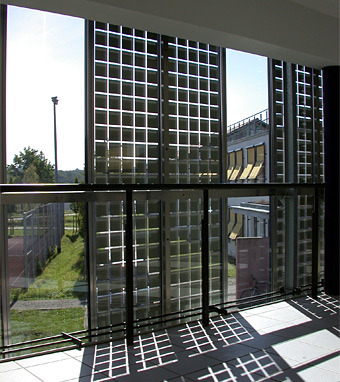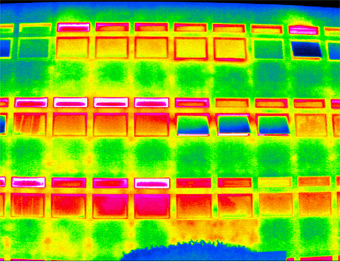The Energy and Climate Change Division (ECCD) and the Sustainable Energy Research Group (SERG) within the School of Engineering at the University of Southampton, UK, are hosting the International Energy Agency’s (IEA) Energy in Buildings and Communities (EBC) Programme task group on Occupant-Centric Building Design and Operation (known as ‘Annex 79’). The Symposium is chaired […]
Tag List: thermal comfort
SERG researchers presented on a range of fields at the 16th Sustainable Energy Technologies (SET) Conference 2017, held at the Alma Mater Studiorum at the University of Bologna. Topics presented included: Wind energy: Mikey Harper and Mostafa Mahdy Thermal comfort: Rucha Amin and Victoria Aragon Urban regeneration: Philip Turner Cities and carbon-reduction potential: Luke Blunden […]
Title: Energy Performance and Thermal Comfort in a High Rise University Halls of Residence. Researcher: Rucha Amin. Supervisors: Despoina Teli. Abstract In recent years there has been a growing interest in the gap between the theoretical ‘as designed’ and ‘actual performance’ of buildings (de Wilde 2014). This ’performance gap’ could be attributed in part to […]
Climate change is one of the largest threats both for the global economy and the local community. It is predicted that, by 2100, average temperatures could rise as much as six degrees Celsius. The UK is anticipated to become hotter and drier in summer and milder and wetter in winter even under low carbon emissions […]
Further occupant surveys conducted by the group have shown that compromising one aspect of the indoor comfort conditions can lead to a perceived compromising of all other measures of indoor comfort. A survey conducted in June 2005 inside existing offices adjacent to the PV atrium (c in Figure 1) reveiled a significantly worse perception of indoor […]
In industrialised countries building refurbishment is generally considered to be vital in order to achieve major carbon emission reductions in the built environment. At high latitudes the largest single consumer of energy in buildings continues to be space heating required for creating comfortable indoor conditions. For example, a typical 3 bedroom UK house has, on […]
The question of how to qualify and quantify good building performance is not trivial to answer. A well performing building from a carbon footprint perspective may not automatically be well performing in terms of occupant satisfaction (Figure 1). Similarly building performance may be understood quite differently by different groups of building users as ‘performance’ can […]
The group’s research has highlighted that at present environmental control facilities are often not correctly applied, or more usually, incorrectly used due to their complexity or unintuitive mode of operation. It has been shown that there is often lack of interaction between users and their buildings. Façade interaction studies of an office building highlighted rather […]
Within the framework of the IDCOP research project a pre-refurbishment tool for assessing buildings was developed (Figure 1). This tool which is termed B-space assesses the energy demand of multi-storey office buildings taking into account occupier comfort. B-space is targeted at asset mangers as main user group. It enables calculation of a building’s carbon footprint […]


